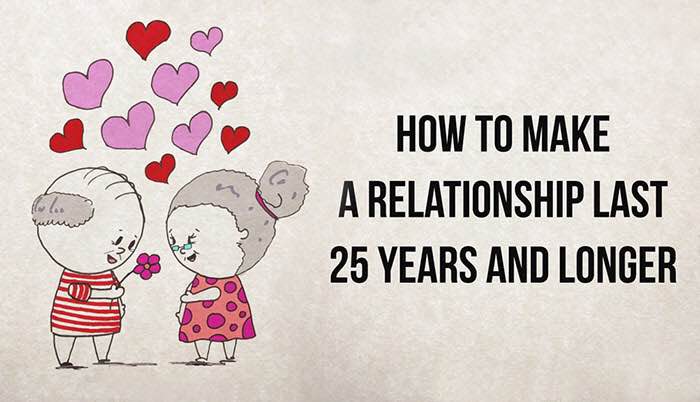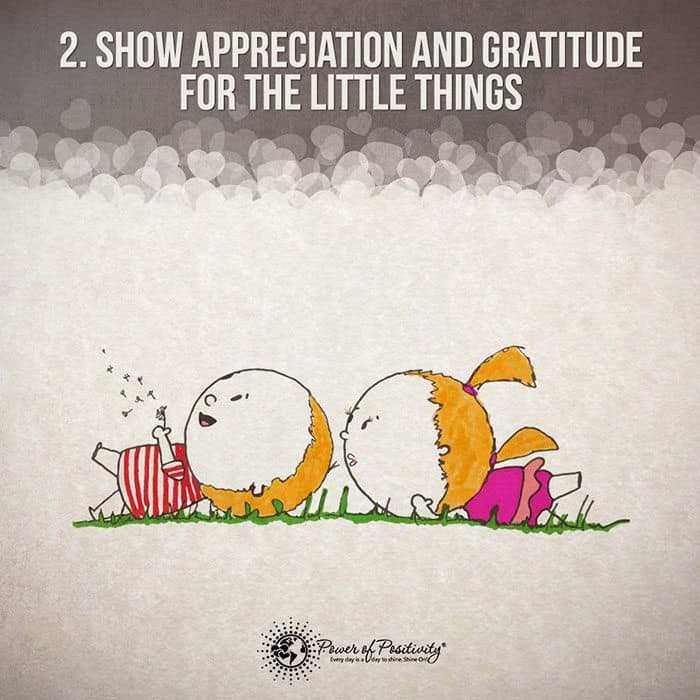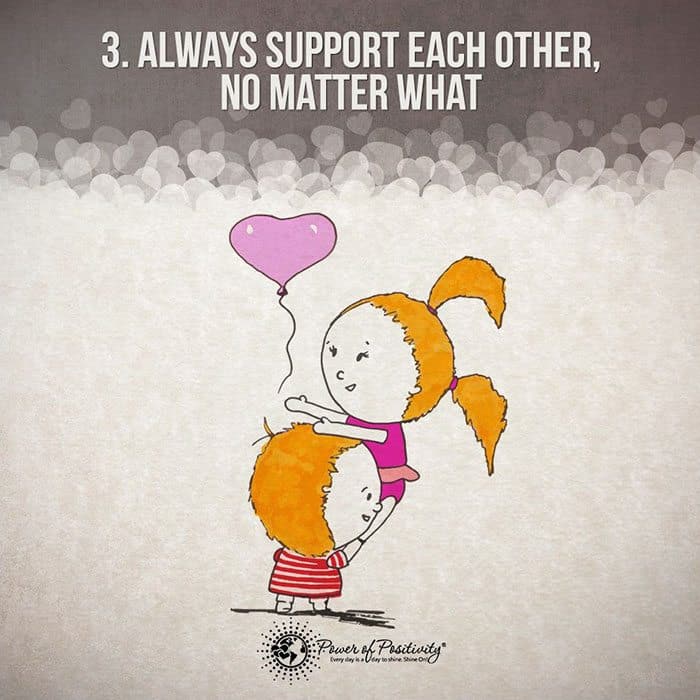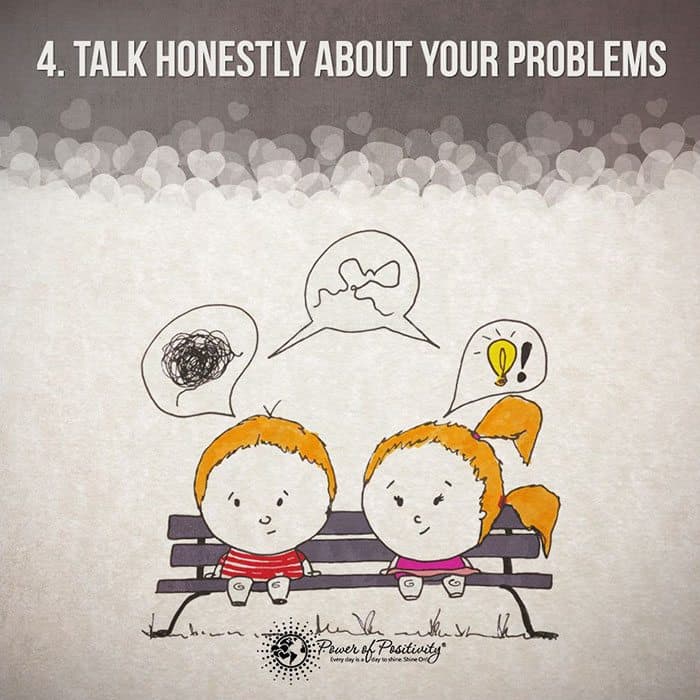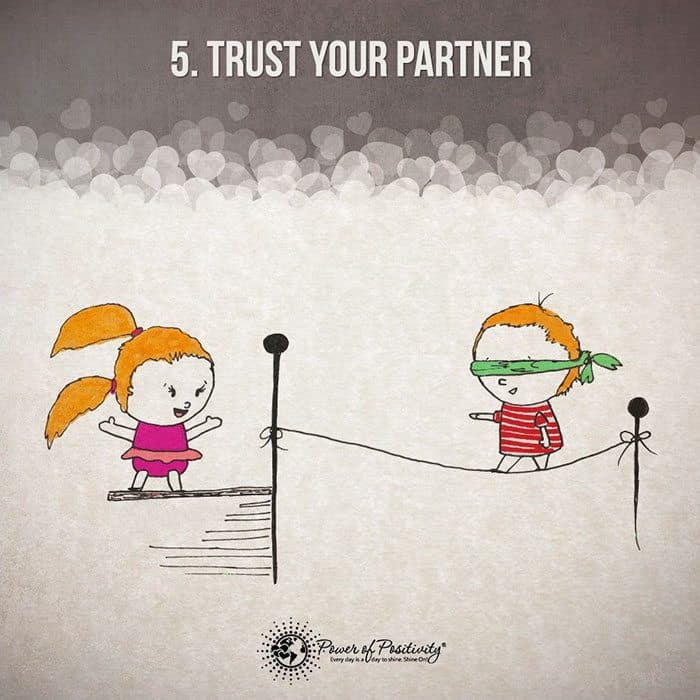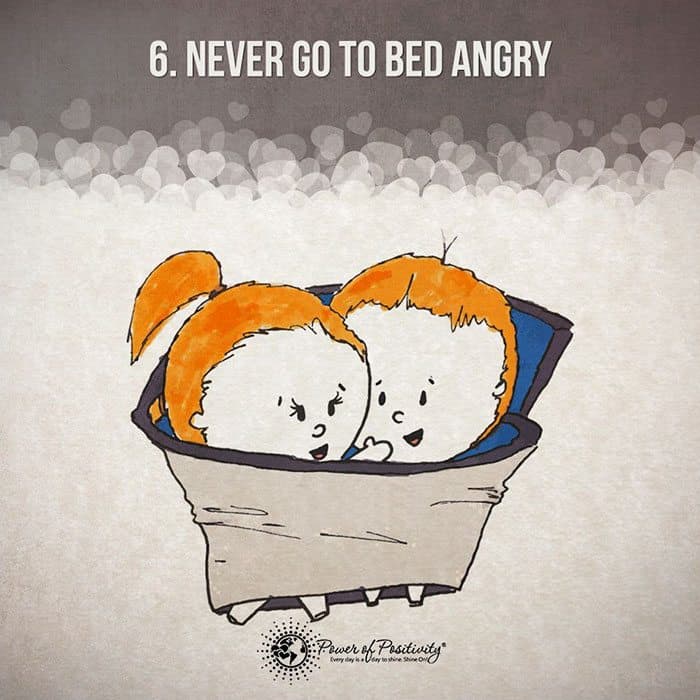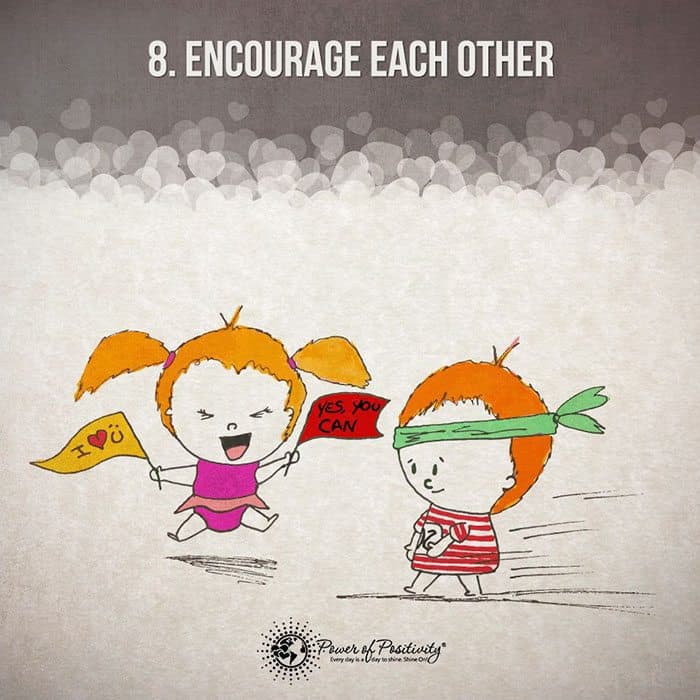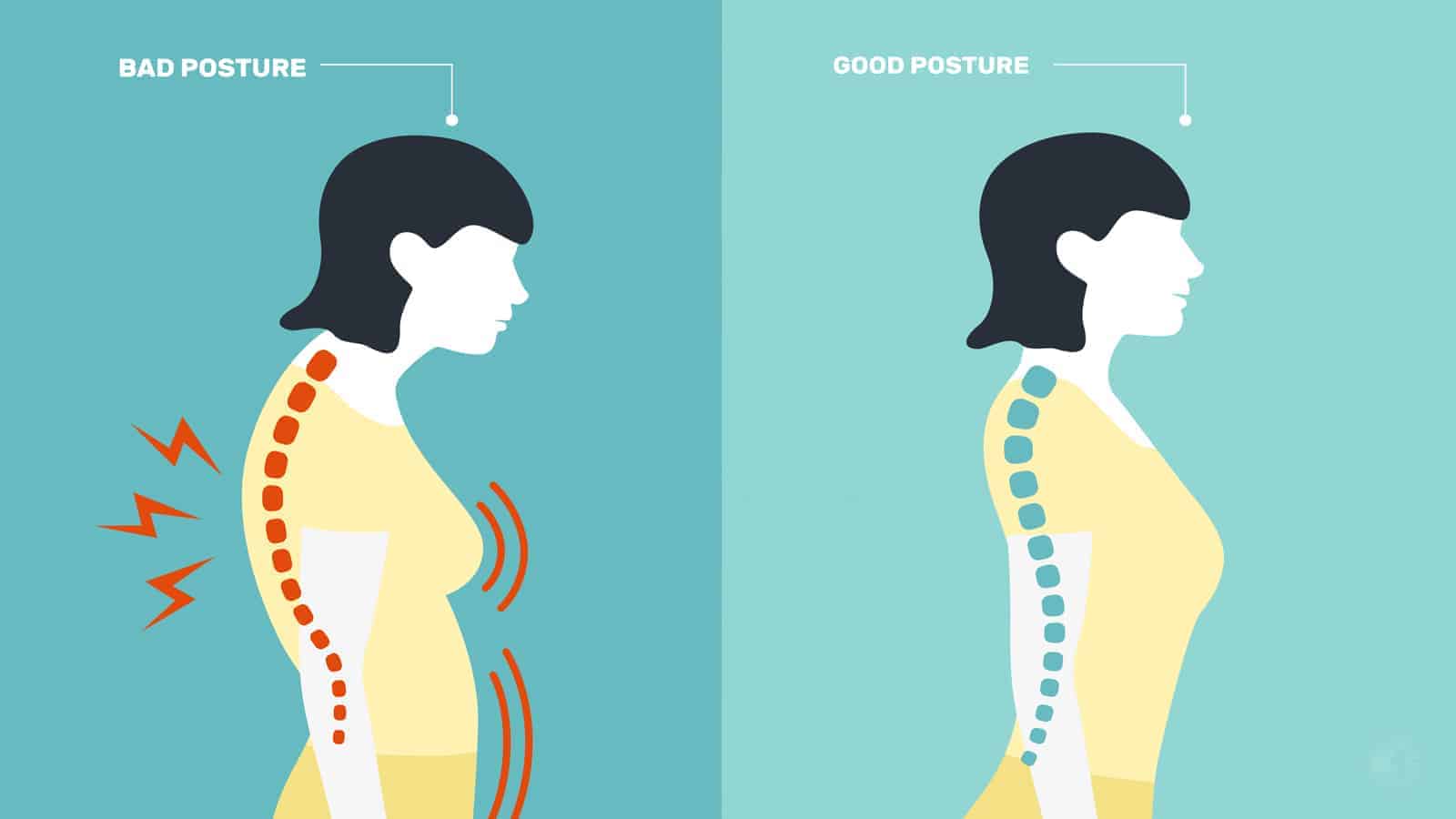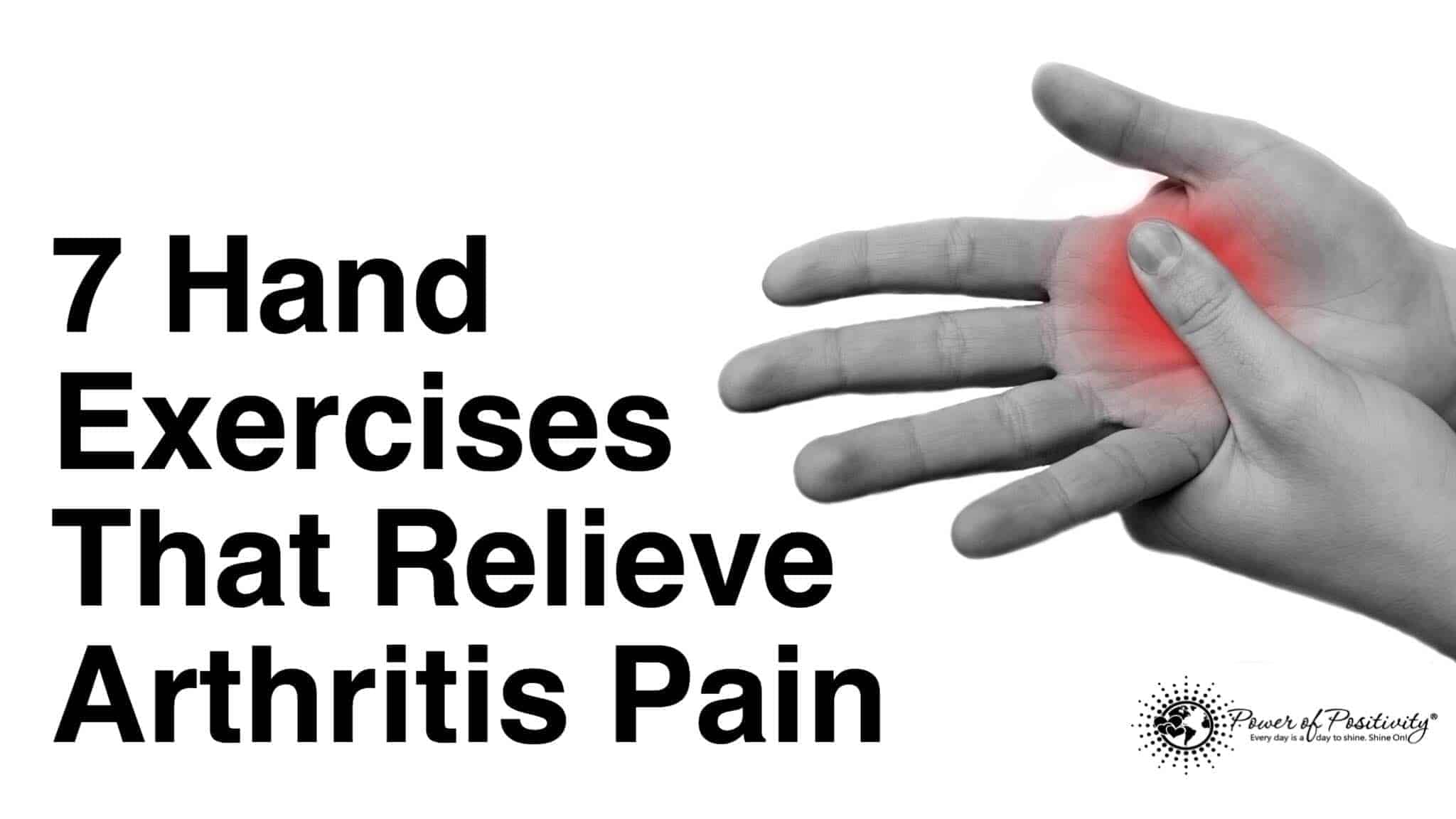Tripping over your words, feeling anxious, and struggling to find the right words to say are common behaviors of socially awkward people. Lacking social skills can be overcome with some courage and practice, as well as some positive thoughts about your ability to be a conversational genius.
Humans are social beings. Much of what we need to survive we get by relying on others. Our ability to communicate well with others in social settings is important to our total well-being.
There are some traits of social awkwardness which, when taken to more severe levels, are the traits of adults with low-support autism or Asperger’s syndrome. Researchers created an Awkward Moments Test, which is a series of video clips of characters experiencing socially uncomfortable moments. The researchers then ask people to watch the videos and describe the emotional state of the person in the video.
Human communication includes many subtle styles that can be hard to detect. Pretending, being ironic, joking, telling a white lie, using a figure of speech, or persuading someone are all situations where we might misunderstand what is being said and have a socially awkward situation.
Let’s look at 6 behaviors of socially awkward people and how to avoid them so you can stop avoiding social situations.
6 Behaviors of Socially Awkward People (and how to avoid them)
1. Getting anxious around other people
Fear of judgment, fear of crowds, fear of saying the wrong thing. As a matter of fact, fear is one thing that can keep people away from situations where they have to interact with others. Fear is a feeling in your body that something isn’t right. The good news is that you can talk yourself out of it.
Feeling a moment of fear is a way for your social awkwardness to help you recognize that you need to take action. Associate professor of psychology, Joshua Clegg says that social awkwardness is like an early warning system. For example, you feel the moment of awkwardness when someone tells an insulting joke. Use the feeling to act by excusing yourself to go refresh a drink.
2. Missing non-verbal social cues
Missing the cues that tell us when someone is no longer interested in talking can be one thing that makes your social encounters awkward. Look for the following signs that your conversation is over.
Non-verbal cues that someone is finished speaking or ready to move on to a new topic:
- Feet pointed away from you
- Torso or head pointed away from you
- Starts doing another activity
- No longer making eye contact
- Fidgeting
- Moving further away
Look for the non-verbal cues that someone is ready to end a conversation and let them exit gracefully. Say ‘Did you need to get going?’ or ‘Well (name) it was great to see you again’ to start wrapping up the conversation in a pleasant way.
Related article: 7 Ways To Respond To Verbally Aggressive People
Verbal cues that someone is finished speaking or ready to move on to a new topic:
- Changing the topic
- No longer asking questions
- Speaking only in short phrases like ‘Um hmm’ or ‘Yes/No’
When you catch on to these verbal cues, wrap up your own speaking and ask the other person a question.
3. Talking too much or too little
A good conversation has a flow of giving and take, talking and listening. Socially awkward people can tend to talk so much that they monopolize the conversation. If this is your awkward conversational style, try to slow your rate of speaking and limit yourself to 4 sentences, then pause to let your partner speak.
Sometimes though, they aren’t sure what to say, so they stand there quietly, wondering if, or when, they should speak. When you aren’t sure what to say, try small talk. Small talk is the art of talking about nothing much really.
Small talk topics can include the weather, your outfit, TV shows, good restaurants to try, etc. Basically these are everyday things that we can discuss that do not usually arouse negative emotions in people.
4. Talking about awkward or touchy subjects
Most people know that talking about politics, sex, or religion are very sensitive subjects. Socially awkward people may have missed the lesson on this because they tend to be the ones to make you cringe when they bring up controversial topics in conversation.
Related article: 5 Little Things That Will Improve Your Relationship
Topics that people feel passionately about should be avoided rather than bringing up feelings of anger when one person’s view is different than another person’s.
Avoid talking about touchy subjects, but take your cue from the person you are speaking with. If they bring up a sensitive topic, try saying ‘Well we might be getting into a sensitive area here but if you’d like to know my opinion I will tell you.’
5. Being too honest
Mastering the social graces usually requires some small form of lying, or at least withholding what you really feel about someone. We call these white lies. In other words, you should not tell a person that you really hate the clothes they are wearing.
Social norms are the rules that most people agree define what is acceptable behavior for people in groups. Generally speaking, interrupting and insulting others are two behaviors that we know are frowned upon, so avoiding these behaviors will help you be less socially awkward.
6. Being unable to detect or express emotions
Your friends may think you are socially awkward when you are unable to express empathy after they describe a significant loss that affected them. The same is true if you are unable to express joy for them when they are happy about a promotion or some other joyful event.
Similarly, not being able to detect emotional signals from the body language or facial expressions of another person is connected to more frequent incidents of social awkwardness.


